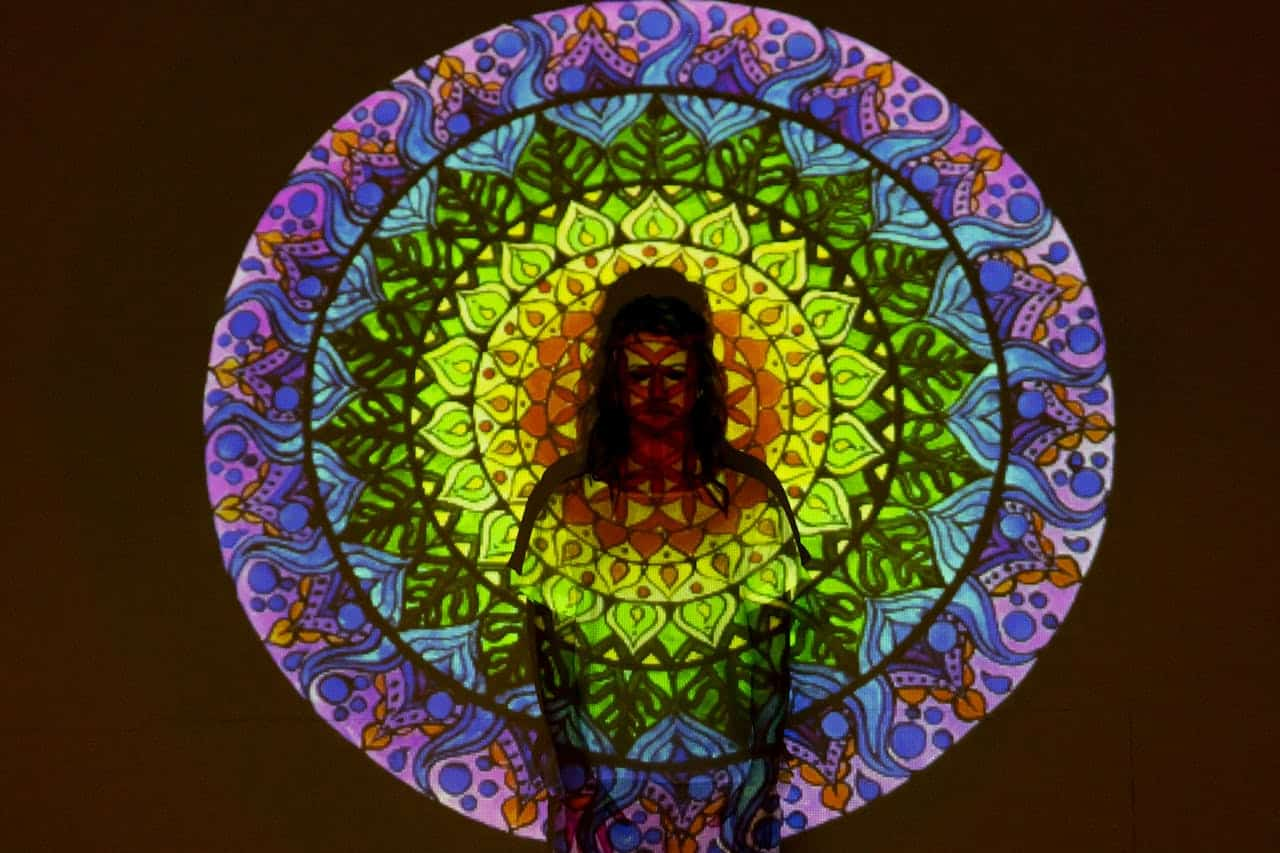The burgeoning field of psychedelic-assisted therapy explores the use of psychedelic substances, such as psilocybin, MDMA, and LSD, in conjunction with psychotherapy to treat a range of mental health conditions. Emerging research suggests that these substances, when administered in a controlled and supportive environment with trained therapists, can offer significant and lasting benefits for conditions like depression, anxiety, PTSD, and addiction.
Psychedelics are thought to work by temporarily altering brain function, increasing neuroplasticity (the brain’s ability to form new connections), and facilitating emotional breakthroughs. Functional neuroimaging studies suggest that psychedelics can disrupt the default mode network, a group of brain regions involved in self-referential thinking, which is often overactive in several psychiatric disorders. Neurochemically, psychedelics seem to temporarily enhance neuroplasticity for weeks after their immediate effects have ceased.
In therapy sessions, the psychedelic experience can help individuals access and process difficult emotions and memories, gain new perspectives on their challenges, and foster a greater sense of self-understanding and acceptance. Some individuals report enhanced feelings of connectedness and mystical experiences characterized by feelings of unity, transcendence, and deep emotional significance. The therapist acts as a guide, providing support, helping the individual navigate their experience, and assisting in the integration of insights gained during the psychedelic state into their daily life.
Potential Benefits:
- Treatment-Resistant Depression: Studies have shown promising results for psilocybin-assisted therapy in individuals with depression who have not responded to conventional treatments. Ketamine, another psychedelic, has even received FDA approval (in nasal spray form as esketamine) for treatment-resistant depression and may offer rapid antidepressant effects.
- Anxiety and Existential Distress: Psychedelic-assisted therapy, particularly with psilocybin and LSD, may reduce anxiety and existential distress in patients facing life-threatening diseases. MDMA has also shown potential in reducing anxiety, although further research is needed.
- PTSD: MDMA-assisted psychotherapy has been designated as a breakthrough therapy by the FDA for PTSD. Research suggests MDMA can reduce fear, increase social engagement and empathy, and improve the processing of traumatic memories. Psilocybin is also being explored for its potential to facilitate fear extinction and neurogenesis, which may be beneficial for PTSD.
- Substance Use Disorders: Psychedelics like psilocybin and ayahuasca have shown promise in reducing alcohol and tobacco dependence by decreasing cravings and promoting long-term abstinence in some individuals. Ketamine has also shown potential in reducing cravings and improving psychological well-being in those with substance use disorders.
- Enhanced Wellbeing and Personal Growth: Some individuals report increased feelings of connectedness, openness, and a greater sense of wellbeing after psychedelic experiences in therapeutic settings. Psilocybin, for instance, has been associated with positive changes in personality, including increased extraversion and openness.
Potential Risks and Considerations:
- Acute Psychological Effects: During and after psychedelic experiences, individuals may experience dysphoria, confusion, anxiety, panic, and transient paranoia or psychosis. “Bad trips” characterized by intense fear and loss of control can also occur.
- Long-Term Psychological Effects: Although less common in controlled settings, there are potential risks of prolonged psychosis, self-harm, and the re-emergence of difficult emotions or memories weeks or months after the experience.
- Pre-existing Conditions: Psychedelic use may be riskier for individuals with a personal or family history of bipolar disorder or psychosis, such as schizophrenia, as it may activate these underlying conditions.
- Physical Risks: While physiological toxicity is generally low for most psychedelics, some substances like iboga and ibogaine have been associated with cardiotoxicity. Psychedelics can also cause temporary increases in heart rate, blood pressure, and body temperature.
- Drug Interactions: Certain psychedelics can interact dangerously with some medications, such as the risk of serotonin syndrome when ayahuasca is used with certain antidepressants.
- Purity and Self-Treatment: Using psychedelics outside of regulated clinical trials carries risks related to drug purity and the lack of professional support, potentially leading to adverse psychological reactions or harmful drug interactions.
Current Research and Regulation:
Ongoing research continues to explore the safety and effectiveness of various psychedelic substances for a range of mental health conditions. Scientists are investigating the neurobiological mechanisms of these drugs and refining therapeutic protocols.
The regulatory landscape for psychedelic therapy is evolving globally. In the United States, while many psychedelics remain Schedule I substances under the Controlled Substances Act, the FDA has granted breakthrough therapy designation to MDMA for PTSD and is showing increasing interest in the therapeutic potential of psilocybin. Some states and cities are also exploring decriminalization or legalization for therapeutic use. Countries like Canada and some European nations are also re-evaluating their stance and conducting clinical trials.
In India, psychedelics are classified as illegal under the Narcotic Drugs and Psychotropic Substances (NDPS) Act, 1985, which currently restricts research and therapeutic use.
Psychedelic-assisted therapy holds significant promise as a novel approach to treating various mental health conditions. However, it is crucial to proceed with caution, guided by rigorous scientific research and ethical considerations. Ensuring patient safety through careful screening, preparation, and professional support in controlled settings is paramount. As research continues and regulatory frameworks evolve, psychedelic therapy may become an increasingly valuable tool in the future of mental healthcare.
